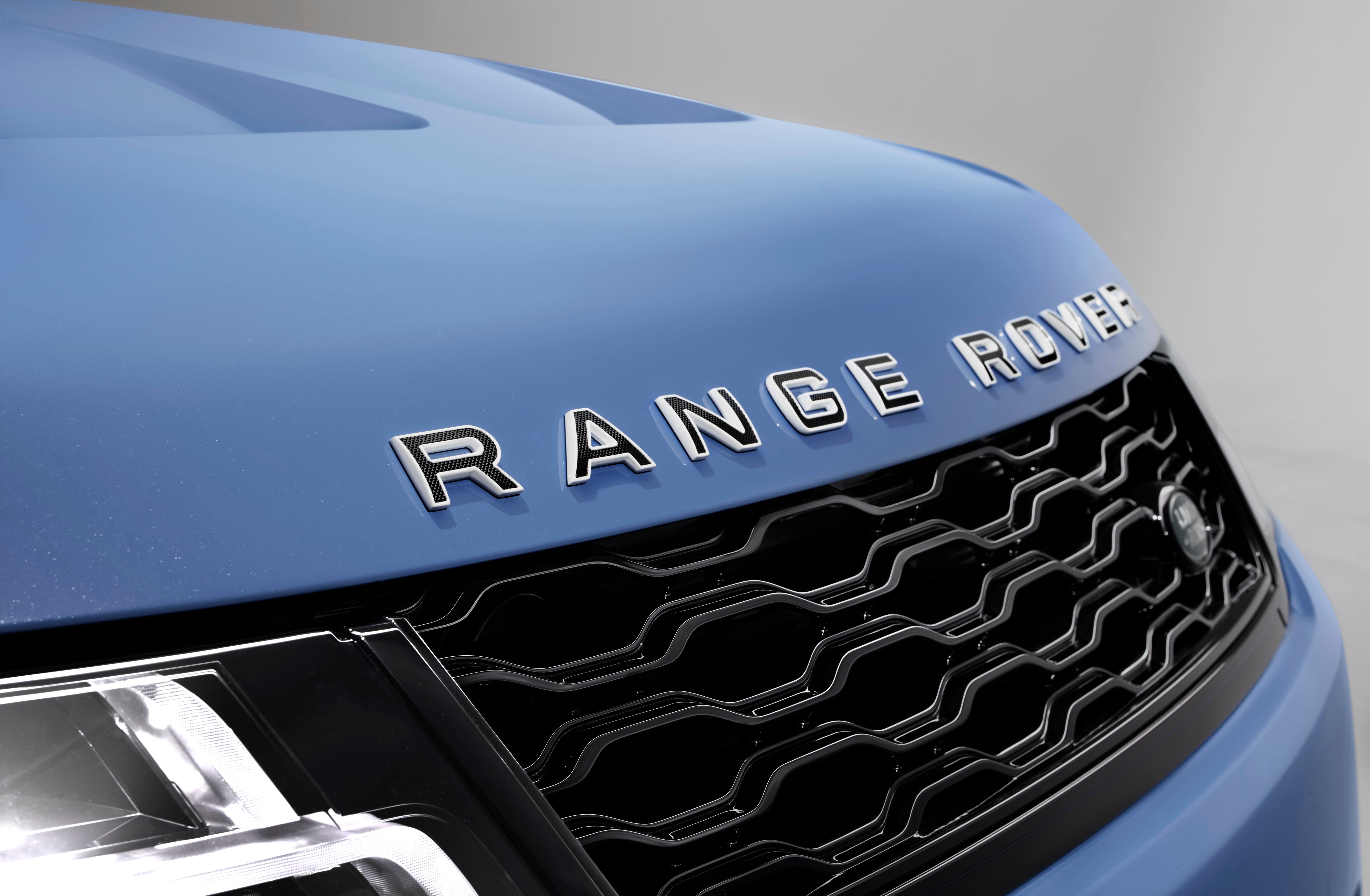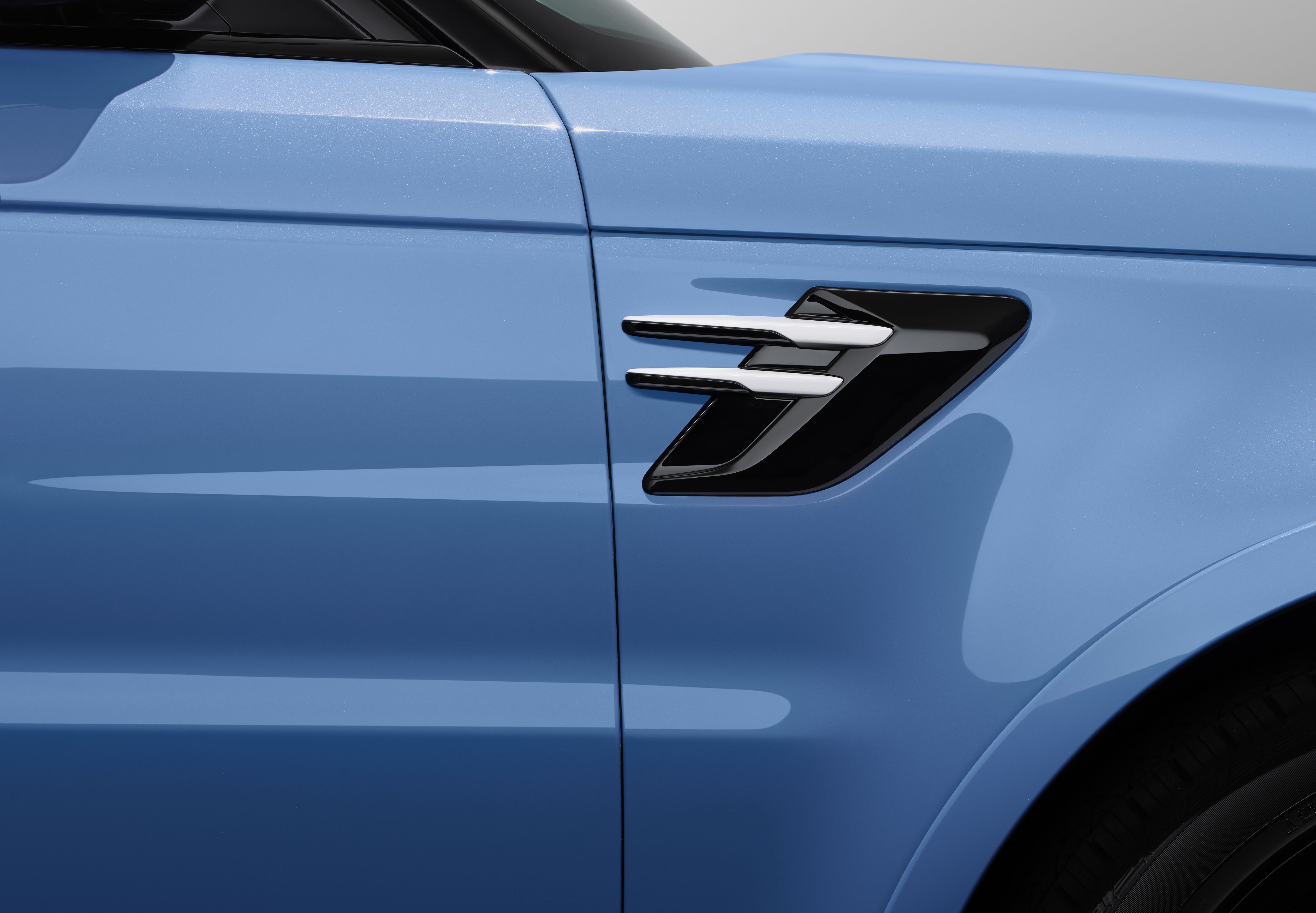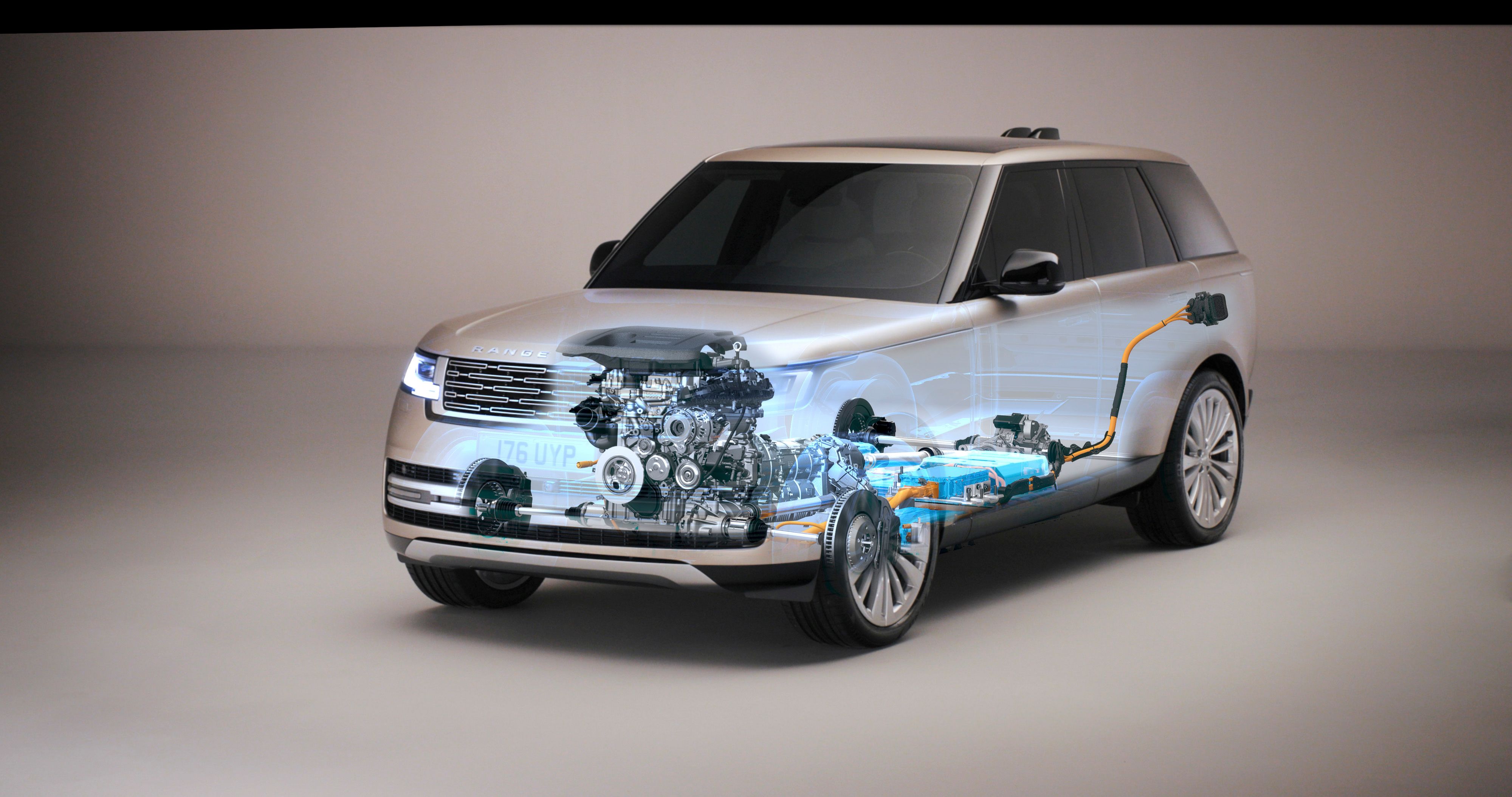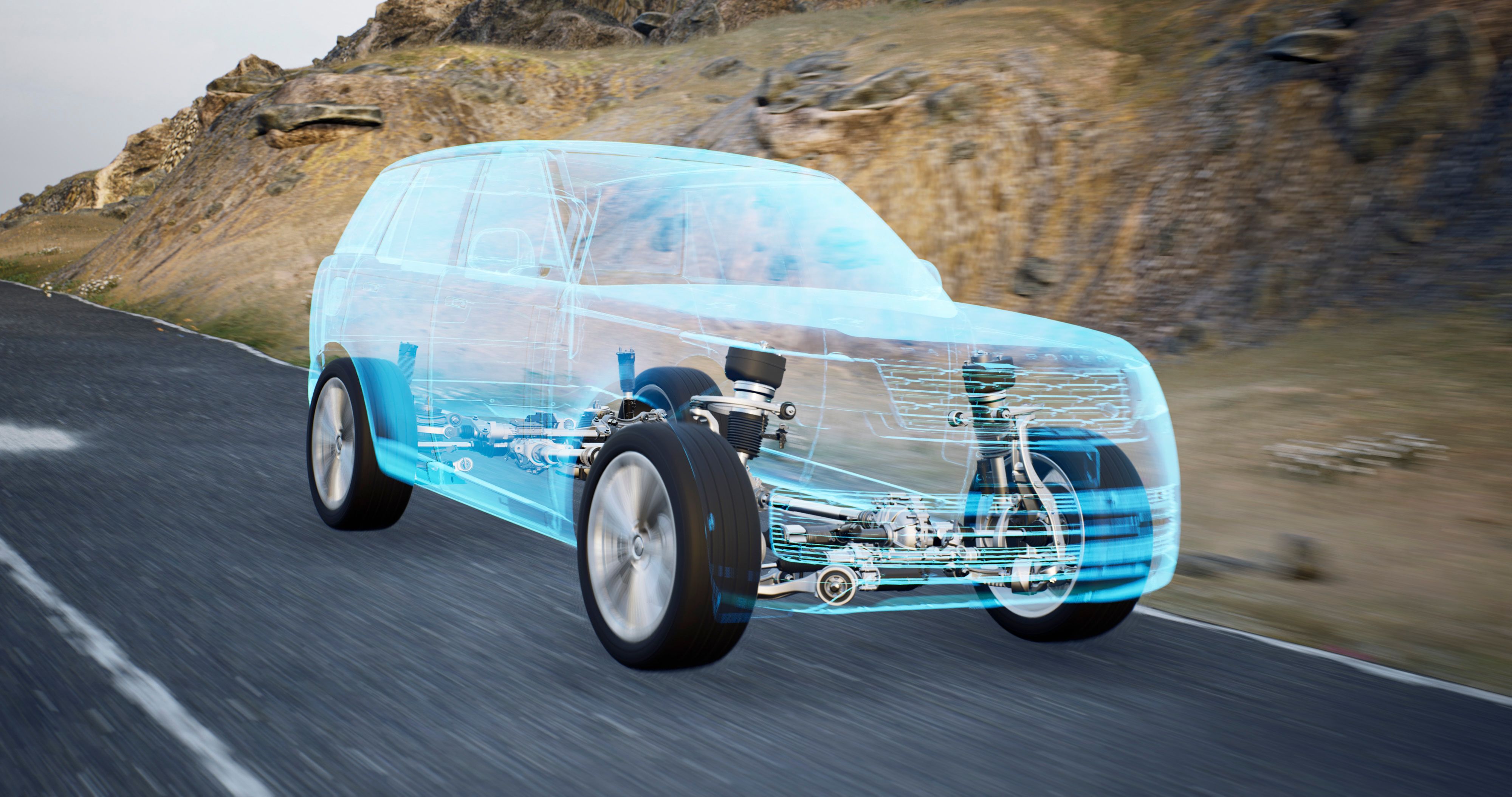The next-generation Land Rover Range Rover Sport's release is upon us, considering that the standard full-size Range Rover has already been fully unveiled last October. Unsurprisingly, since the new Range Rover's flagship engine is a BMW N63 V-8, this could most likely be the case for the midsize Range Rover Sport as well.
First reported by Autocar, the next-generation Land Rover Range Rover Sport will finally migrate to the MLA Flex architecture that now underpins the new Range Rover. In line with this new platform is a report that the high-performance SVR will use the S63 4.4-liter twin-turbo V-8 from BMW M, which is rumored to produce 617 horsepower.
If this recipe sounds familiar, that's because the X5 M Competition, M5 CS, and a few other flagship BMW M cars are being powered by this engine. More importantly, the Range Rover Sport is said to lead the charge in Jaguar Land Rover's electrification efforts, and this engine from BMW supports electrification. This was showcased in the BMW Concept XM, which combines the 4.4-liter V-8 together with an electric motor to produce a total output of 740 horsepower.}
For perspective, the current Range Rover Sport SVR uses a bigger 5.0-liter supercharged V-8 that produces 567 horsepower. However, its inability to comply with stricter Euro 7 emissions regulations, along with its incompatibility with the latest electrification tech, means that the only way forward is to either develop a new V-8 from scratch or source an existing V-8 that complies with emissions and supports electrification.
The Range Rover Sport is an important model for Land Rover. This midsize luxury SUV outsells the full-size Range Rover by 40 percent, after all. As with past models, the next Range Rover Sport will be slightly smaller than the standard model and will be sportier and more driver-focused. Apart from the high-performance SVR model, the Range Rover Sport is also rumored to have a pure electric powertrain after 2024.




